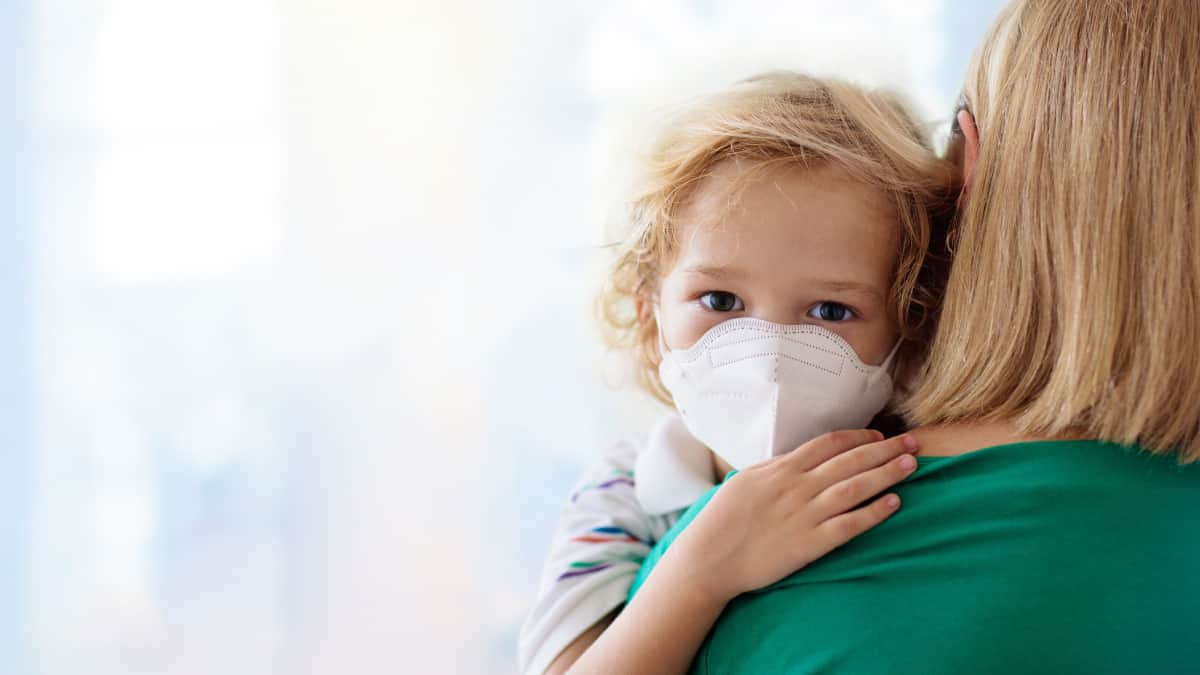Babies born to mothers fully vaccinated against the coronavirus during pregnancy were around 60 percent less likely to be hospitalized with severe Covid, a new study by the US Centers for Disease Control and Prevention said on Tuesday.
Such an effect had been hypothesized because of the transfer of antibodies through the placenta during pregnancy and through breast milk after birth but wasn’t backed by real world evidence until now.
The CDC carried out a study involving 379 babies aged up to six months, who were hospitalized in 20 pediatric centers from July 2021 to January 2022.
NEW: @CDCMMWR study found that people who received a primary mRNA #COVID19 vaccine series during pregnancy reduced the risk of infant hospitalization by 61%.
On today's #DirectorDebrief, I discuss the protective power of COVID-19 vaccines for pregnant mothers & their babies. pic.twitter.com/8Azvv6KIGS
— Mandy K. Cohen, MD, MPH (@CDCDirector) February 15, 2022
The authors studied the odds of Covid-19 vaccination among mothers whose babies were hospitalized with the disease (176 infants) compared to the odds of vaccination among mothers whose babies were hospitalized for non-Covid reasons (203 infants), who were a control group.
This is a statistical method used in real world studies to try to examine patients with similar characteristics, and is often used when it’s not possible or ethical to carry out a randomized clinical trial.
“Babies less than six months old whose mothers were vaccinated were 61 percent less likely to be hospitalized with Covid-19,” CDC researcher Dana Meaney-Delman said in a press call.
What’s more, 84 percent of babies who were hospitalized with Covid were born to people not vaccinated in pregnancy. The one baby who died in the study was born to a mother who was not vaccinated.
Black and Hispanic babies were disproportionately hospitalized for Covid.
“The bottom line is that maternal vaccination is a really important way to help protect these young infants,” said Meaney-Delman.
The study further found that completion of a two-dose vaccine series later in pregnancy was more protective than earlier in pregnancy 80 percent compared to 32 percent.
Although that is consistent with what is known about the waning of antibody levels in the months that follow vaccination, Meaney-Delman said it was important for people to get vaccinated at any stage during pregnancy in order to protect both the mother and baby.
“If we have a woman who comes in in the first trimester and is vaccinated she can actually be eligible for a booster vaccine later in pregnancy,” she said, but added it was premature for the agency to recommend boosters specifically for the pregnant.
A limitation of the study was it began during the early phase of vaccine rollout and did not include mothers who were vaccinated prior to pregnancy.
That could be a topic for future evaluation, the paper’s authors wrote.








